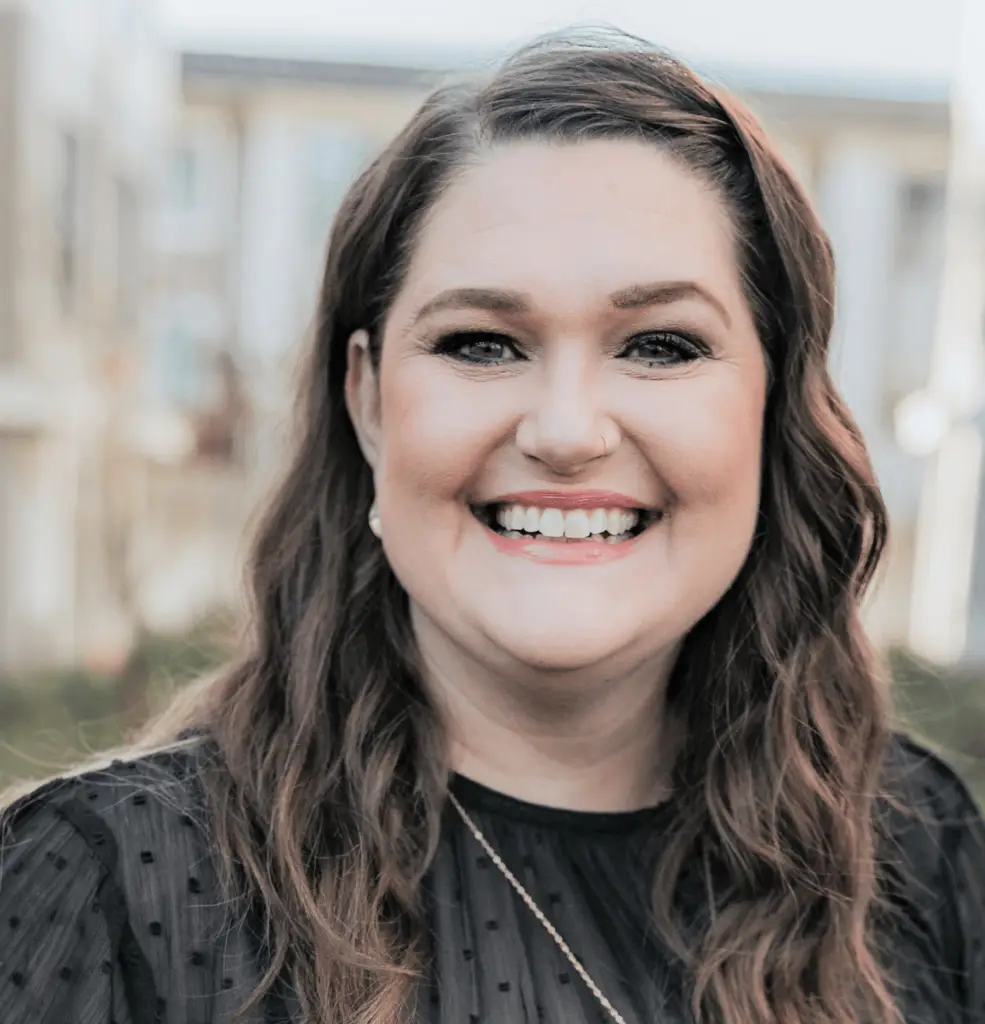Yelling at someone who is causing you anguish or frustration is totally natural. We are wired to respond in kind to keep ourselves safe. However, yelling at our kids, no matter what the situation, is never helpful. Ok, if they’re running out into traffic, yelling is warranted, I’ll give you that. But outside of safety situations, yelling is counterproductive.
Listen in to this episode where I talk with parent coach, Robbin McManne, about the power of putting a pause in place and what that looks like. You must put space between what’s happening for your child and what’s happening for you at that moment so you can parent with intention… and effectively. Listen in as Robbin explains why you have to fight for your calm like you fight for your kids.







